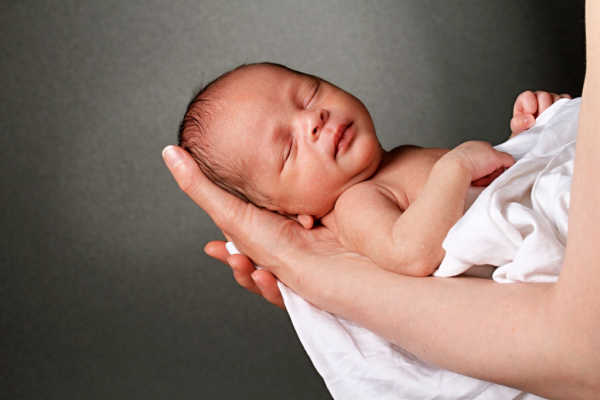Why is this mitzvah repeated in consecutive Torah portions?
By Rabbi Ari Enkin, Rabbinic Director, United with Israel
The week’s Torah portion is “Bereishit” (Genesis 1:1-6:8) and with it we began the annual Torah reading cycle anew. In this article we will focus on the commandment of “be fruitful and multiply” which appears in the first chapter of Genesis.
After God created man and woman, Adam and Eve, He commanded them to “Be fruitful and multiply and fill the earth and subdue it, and rule over the fish of the sea and over the fowl of the sky and over all the beasts that tread upon the earth.”
Interestingly, the commandment is repeated in next week’s Torah portion as well. As Noah and his sons leave the ark – in which marital relations were forbidden – God tells them: “And you, be fruitful and multiply; swarm the earth and multiply therein” (Genesis 9:7).
Although there are some exceptions, rarely are the mitzvot of the Torah given more than once. Considering that the mitzvah of having children is given twice, we can see that it is a very important mitzvah.
Indeed, this mitzvah is so fundamental that although it is generally forbidden to sell a Torah scroll, it is permitted to do so for the purpose of enabling a person to get married and fulfil the mitzvah of procreation.
While one becomes obligated to observe the mitzvot of the Torah at 12 for girls and 13 for boys, the mitzvah of having children — thankfully — does not kick in until at least 18 years old. As the Mishnah says: “eighteen is the age for marriage.”
There are many reasons why the mitzvah is not binding until at least 18, with some of the explanations being: the need and importance to first study, to have the maturity to find a proper spouse, the need to put aside a few bucks and set up a home, and more.
Nevertheless, we are told that one should be seriously seeking a spouse and to get married by 20 years old or slightly thereafter.
Some authorities extend this exemption until the age of 24, at which point one can no longer defer marriage.
There are a number of opinions as to how many children one must have in order to fulfil the mitzvah of “be fruitful and multiply”. According to “Beit Shammai” (the academy of Rabbi Shammai), one is required to have at least two male children. According to “Beit Hillel” (the academy of Rabbi Hillel), one is required to have at least one male child and one female child.
The reason for their opinions are as follows: Beit Shammai says that since Moses separated from his wife after having just two sons, then that must be a clear and reliable source that two sons is what is needed in order to fulfil the mitzvah. Moses would never be negligent with the performance of a mitzvah, right?
But Beit Hillel says that since God Himself only Created one man and one woman, that is a clear and reliable source that a boy and a girl are needed to fulfil the mitzvah.
The halachah follows the opinion of Beis Hillel — that one’s obligation to have children is fulfilled once one has a boy and a girl. Nevertheless, there is a Rabbinic mitzvah to continue to have as many children as one feel that one can responsibly have. This is why the birth rate is much higher among Orthodox Jews.
It is interesting to note that the obligation to have children is exclusively upon men. While women certainly get a mitzvah for having children, they are ultimately not obligated to.
Why?
It is explained that the verse “be fruitful and multiply,” continues “and fill the world and conquer it.” Since it is men who are the ones who generally “conquer,” it is derived from here that only men are obligated to procreate and “conquer” the world. So too, when God later blessed Jacob saying, “…be fruitful and multiply” He said it in the singular and not in the plural, implying that the obligation applied only to Jacob, the man.
An additional reason offered is that labor can be life-threatening to the mother and the Torah does not obligate women to endanger their lives for a mitzvah.
Nevertheless, everyone agrees that women get lots of reward for helping their husbands fulfill the mitzvah.
